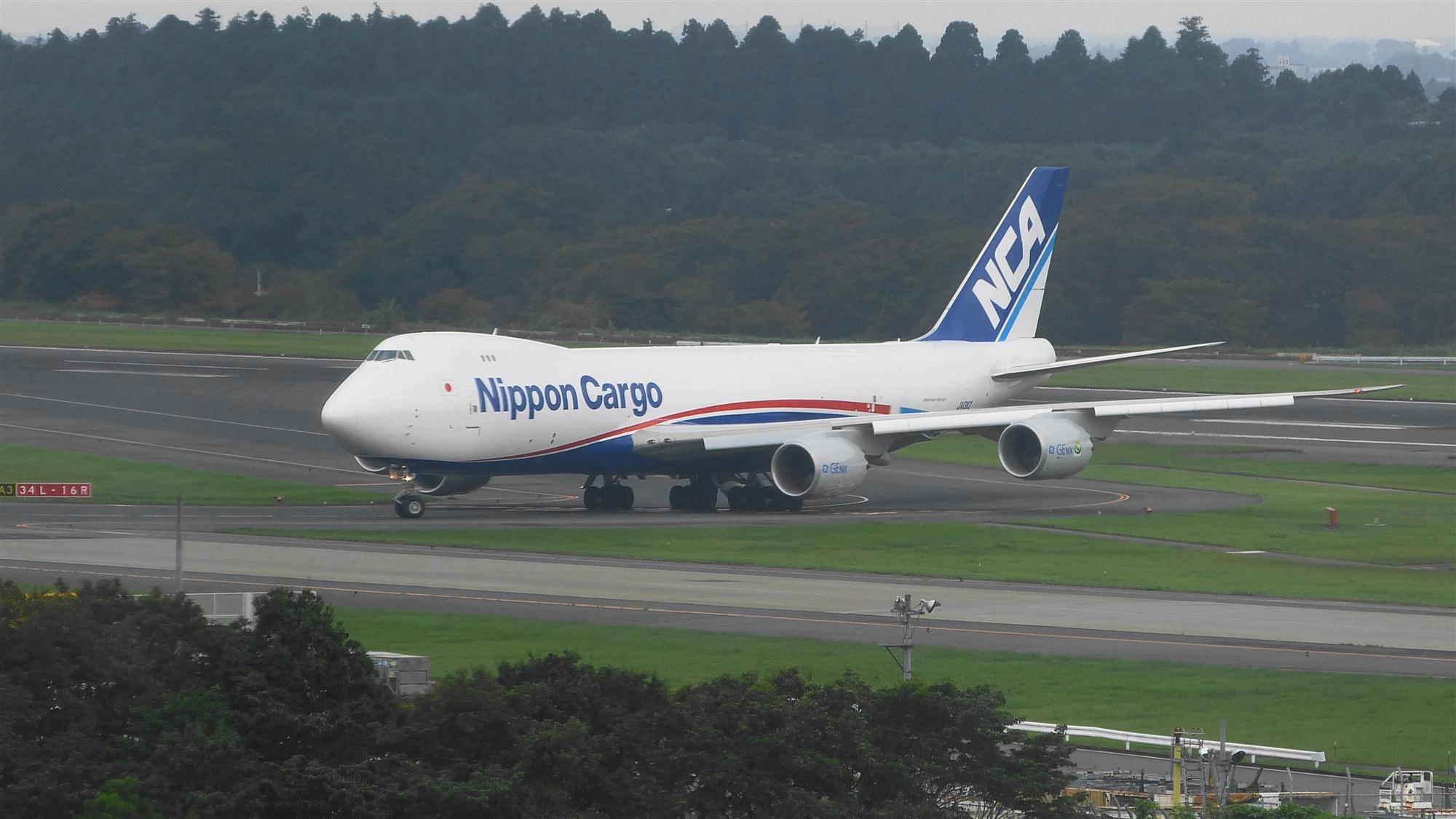Faced with tight air freight capacity and projections of ongoing – and possibly worsening – bottlenecks, shippers and forwarders are abandoning their hunt for spot rates and instead looking to lock in capacity and prices for the longer term. For their part, airlines welcome the greater commitment, but are holding back some of their lift for ad hoc business in anticipation of rising prices.
Shippers feel more bullish about their business prospects, but less so about available lift to fly their products to market. Hence, more and more of them are moving away from chasing bargain prices du jour and look for longer-term contracts instead. With capacity tight, they sense that now is a good time to lock in air freight rates.
Most customers forecast strong business ahead, and on the strength of that they ask the forwarder for price commitments over a longer timeframe, reported Bob Imbriani, executive vice-president, international, of logistics firm Team Worldwide.
“More mid-sized and larger customers ask you to hold a rate for a year or even longer,” he said. “They feel more confident that they can generate volume and feel they are in the driving seat with pricing negotiations.”

Rich Zablocki, vice-president, global route development at CEVA Logistics, reported having several customers asking about new contract arrangements for their business out of Asia to Europe and the Americas. “Some are asking for information about signing up for charters and others and talking about blocked space deals, but as of yet they are just asking and it is clearly a reaction to the situation out of Asia-Pacific,” he said.
“Many are now putting their business up for 12-month contract bids that won’t start for another six months, hoping to lock in next year’s peak at much better rates than what they are facing now,” he added.
Roger Samways, vice president of cargo sales at American Airlines, has heard of shippers trying to lock in rates for longer periods or, in some cases, extending RFQ processes in an attempt to extend rates that were offered some time ago by delaying the implementation of new rates.
“Discussions with forwarders are tending to vary a little from market to market. There is certainly a lot less ad hoc pricing available in the market in general, and we are seeing a high proportion of traffic moving at the new contract rates which we implemented in October,” he said.
“Everyone wants firm BSA space from Asia to the US and is willing to commit for the next 12 months at higher rates than this year,” said Shawn McWhorter, president, Americas, at Nippon Cargo Airlines. “It is a good situation for airlines and forwarders to get back to a shared risk/ shared reward partnership with a focus on service, instead of always looking for the cheapest rates.”
American’s longer-term block space agreements are typically seasonal. The carrier recently completed renegotiations of several contracts, typically for six- or 12-month terms, Samways said.
However, airlines are not falling over each other in a rush to sign long-term deals. Now it is their turn to favour ad hoc rates. As projections for the new year show demand continuing to outpace capacity growth, they stand to gain from higher rates down the road. Hence, their interest in long-term commitments from their clientele is tempered by the prospect of likely higher returns in ad hoc pricing.
Rates have been on a tear on many routes, especially out of Asia. According to one source, they climbed as high as US$8 a kilo on one route to Latin America. Moreover, backlogs have built up out of major Asian gateways. Forwarders either have to cope with lengthy delays of 7-10 days to move their cargo or pay premium express rates.
Large players have signed charter contracts to secure lift. Flexport was the latest to join the club, lining up a weekly Boeing 747-400F flight from Hong Kong to Los Angeles. Some forwarders have accused airlines of reducing scheduled lift to free up capacity for charter flights.
Even on the trans-Atlantic sector, which usually has ample bellyhold capacity, forwarders struggle to secure long-term capacity arrangements. New York-based Cargo Tours tried to book a 7-ton shipment from Italy to the US and was quoted €8 (US$9.43) per kilo.
“No airline will sign a contract, at least not with ‘small’ forwarders,” said company president Joe Delli Carpini. “They will continue to sell ad hoc, particularly to small forwarders.”
Airlines are enjoying the knowledge that their flights go out full. Jan Krems, president of cargo at United Airlines, remarked that the tighter capacity situation has taken its toll on no-shows. Overall, it is still a problem that customers make multiple bookings with different airlines in the safe knowledge that they will not incur any penalties for not showing up with the cargo at the appointed time, but it happens less often now that the market is busy, he said.
By Ian Putzger
Air Freight Correspondent | Toronto